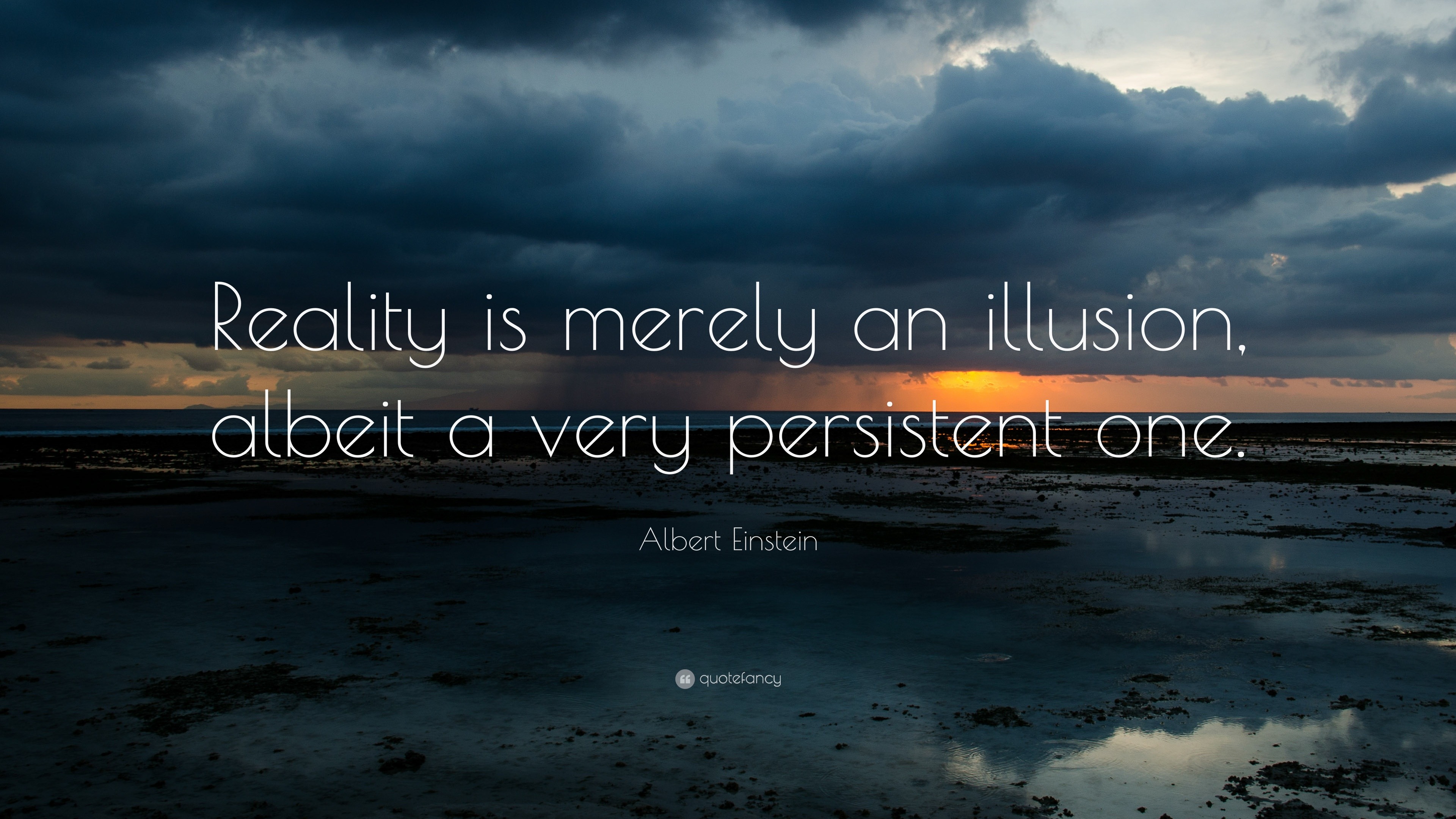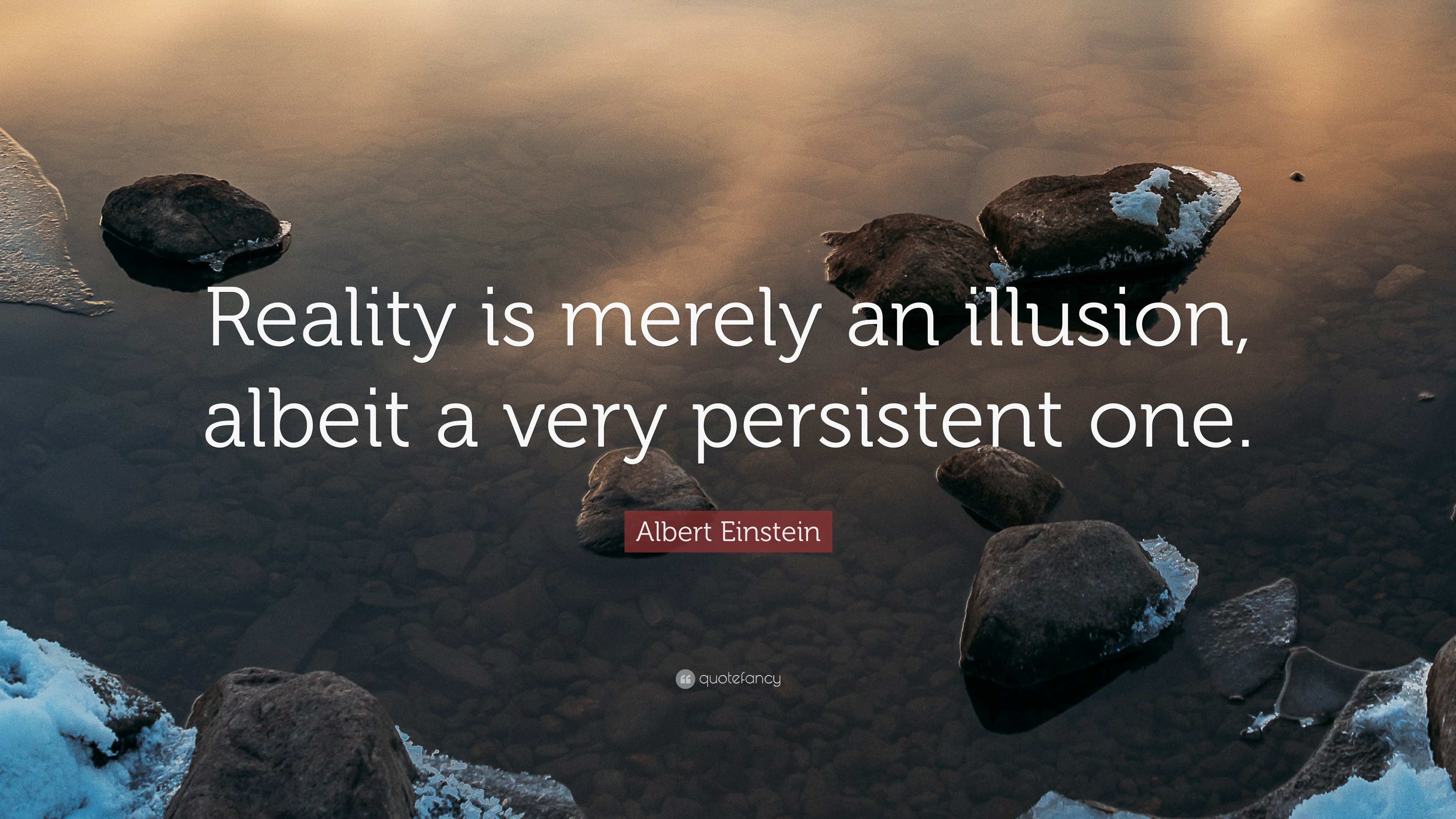Is Reality Merely an Illusion? Exploring the Possibility We Live in a Simulation
Our perception of reality and what we consider to be real is limited by what our senses can experience. Through technological advancements, philosophy, and cutting-edge science, compelling arguments have emerged that make us question if what we experience as reality is in fact an artificial simulation. In this in-depth exploration, we will examine some of the key perspectives on this provocative topic.
The Illusory Nature of Reality
Renowned physicist Albert Einstein once said “reality is merely an illusion, albeit a very persistent one.” Throughout history, philosophers and scientists have pondered the nature of reality. Many argue that what we perceive through our senses is not objective reality but rather our brain’s limited interpretation of it. Our lives only have the meaning we attach to them through our experiences, thoughts, and actions. If it was proven we live in a simulation, would that change how we go about our lives? For most, the illusion would remain just as vivid regardless of its true nature. As the philosopher Voltaire said, “illusion is the first of all pleasures.”

Technological Advances Blur the Line Between Reality and Simulation
Technological progress marches forward at an ever-increasing pace. Just a few decades ago basic video games depicting simple 2D graphics seemed like science fiction. Now we have photorealistic virtual worlds and augmented reality experiences indistinguishable from physical reality. As our ability to simulate more complex systems approaches human-level artificial intelligence and conscious experiences, the possibility of living in a simulated world becomes harder to dismiss. Some argue it is only a matter of time before whole virtual civilizations with self-aware inhabitants become technologically feasible. If simulations within simulations could be run, how could we prove we are not in one?
The Conditions for a Convincing Simulation
Professor of Philosophy Nick Bostrom at the University of Oxford lays out compelling logical arguments for why we may likely be living in a simulation. He outlines three main conditions: 1) Posthuman civilizations will have immense computing power far surpassing what is conceivable today to run detailed simulated worlds. 2) Most civilizations will become extinct before becoming technologically advanced enough to avoid things like nuclear warfare or pandemics. 3) Any super-intelligent civilization that can simulate its own evolutionary past would be likely to run many such simulations in order to better understand their ancestry. If these conditions hold true, the odds are very high we would inhabit a simulated rather than “base” reality.
Examining the Spectrum of Possibilities
While the simulation hypothesis challenges traditional notions of objective reality, there remain open questions. If our reality is simulated, what is the nature and motivations of the simulators? Some regard them unfathomably beyond human level. Others argue they may essentially be highly advanced future humans seeking to study or experience history. Perhaps improbably, they run our simulation for entertainment like a game. More philosophically, it may be that physical reality as we understand it does not strictly exist independently from our perception at all. The true nature of existence could encompass a wider spectrum than what modern science has uncovered so far. With an open and inquiring mindset, considering alternative views may help reveal deeper truths.
Questioning Linear Time and Determinism
In a simulation, concepts of linear time and strict cause-and-effect that govern classical physics could break down or take on new meanings. If entire civilizations within simulations gain self-awareness, they too may recursively build virtual worlds. This multi-level nesting could theoretically go on ad infinitum. Some propose our perception of time as a linear progression is an artifact of living within a simulated system, and at a higher level time may behave differently or even become reversible. Similarly, apparent randomness and probabilistic events from our perspective could actually be fully deterministic at some deeper computational level. Such mind-bending ideas stretch the limits of reason yet remain theoretically possible.
Seeking Truth While Living Fully in the present
Ultimately we have no definitive proof whether we occupy a base reality, live in a simulation, or something in between. While acknowledging realities beyond our direct experience, the implication is not that our lives lack meaning or that we are powerless. Even if a simulation, it feels convincingly real and we experience it as such. The ancient philosophers’ wisdom to “live freely and happily, do good” still holds true regardless. We can embrace mystery and keep an open yet skeptical mind while still finding purpose and connection in the present moment. Continuing progress in science and human flourishing may one day reveal reality’s deepest nature, but for now experiencing life to the fullest remains the most rational path.
